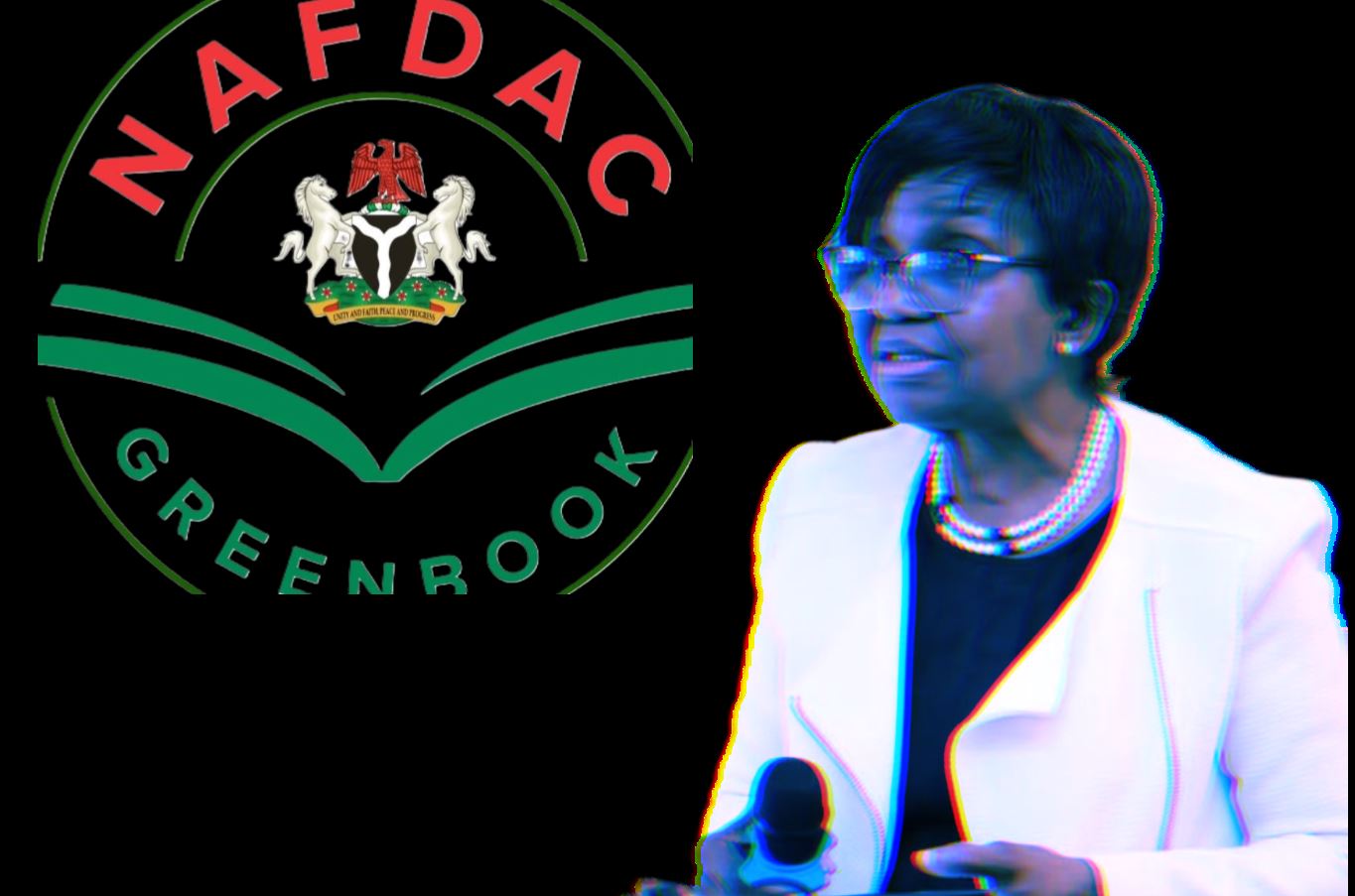The argument continues, as the Nigeria Tax Bill, Nigeria Tax Administration Bill, Nigeria Revenue Service Establishment Bill, and Joint Revenue Board Establishment Bill remain under scrutiny at the National Assembly.
The tax reform bills have observable flaws which experts have pointed out severally at public hearings organised by the House of Representatives Committee on Finance. Most recently, tax experts argued on behalf of the Nigerian Customs Service, NCS, on how crucial its operations are and should not be undermined by the tax reforms.
Bashir Adeniyi, Comptroller General of the NCS, raised concerns specific to the commission. He said that the jurisdiction of the bills conflicts with the commission’s and will terminate its existence.
Adeniyi’s key objections were contained in a 17-page memorandum he presented before the committee. It expressed uncertainties about the bills overriding existing laws, including the Nigeria Customs Service Act of 2023.
The state of Nigeria’s tax system does not conform to evolving modern tax laws. If a tax law does not statutorily connect revenue to provisions of social structures, it would be a mere ripping off of the public to fund government excesses in the name of tax.
Bills present the people with the opportunity to make improved decisions about tax proceeds. This would mean that there should be a significant allocation of tax proceeds to basic amenities for taxpayers.
Nigerian Revenue Service Established Bill Conflicts
There are significant conflicts in jurisdictions, as Adeniyi noted during the hearing.
Section 1 of the Nigerian Revenue Service Establishment Bill 2024 and sections 3 and 4 of the Nigeria Customs Act 2023 appear to have similar clauses that could require evaluation. According to Adeniyi, the former provides a legal framework for the administration of taxes and revenue under certain laws with section 42, defining tax as government-accruable duty and revenue.
The latter, he said, provides all these elements. This could mean that some sections of the Nigeria Customs Act 2023 would be overridden by the Nigerian Revenue Service Establishment Bill 2024.
He further explains, “We are worried that this new law is seeking to override all previous laws that were done to address issues regarding the economy.”
The operations of the NCC are critical to Nigeria’s revenue generation, as Mr Okey Ibeke, a customs and tax expert, also pointed out.



